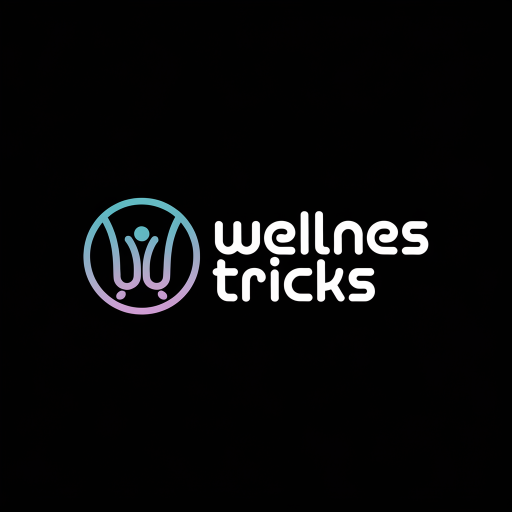How to Tell If You’re Deficient in Essential Vitamins
You might notice that your energy levels are consistently low, which could signal a vitamin D or B12 deficiency. Other signs, like brittle nails or frequent bruising, often go unnoticed but can indicate a lack of essential nutrients. Understanding these symptoms is crucial for your health. So, how do you assess your own vitamin intake and determine if you need to make changes? Let’s explore the signs and what they mean for you.
Key Takeaways
- Monitor for common signs like fatigue, brittle nails, and mood changes, which indicate potential vitamin deficiencies.
- Maintain a balanced diet rich in fruits, vegetables, and whole grains to prevent nutritional gaps.
- Keep a food diary for a week to track your intake and identify patterns of low nutrient consumption.
- Consult a healthcare professional if experiencing symptoms like hair loss or frequent infections for personalized advice.
- Regular blood tests can help identify specific vitamin deficiencies for accurate assessment and treatment options.
Common Signs of Vitamin Deficiency
Have you ever wondered if your body is trying to tell you something about your vitamin intake?
Recognizing vitamin deficiency signs can be crucial for your health.
For instance, if you’re feeling unusually fatigued, it might indicate a lack of vitamin D or B12.
Brittle nails and hair loss could signal a deficiency in biotin or iron.
Additionally, frequent bruising may suggest low vitamin K levels.
You might also notice changes in your mood or cognitive function, which could point to inadequate B vitamins.
Moreover, signs of vitamin deficiencies can manifest in various ways, affecting your overall well-being.
Paying attention to these signs can help you take action and improve your overall well-being.
The Importance of a Balanced Diet
A balanced diet is essential for maintaining optimal health and preventing vitamin deficiencies.
When you include a variety of foods—fruits, vegetables, whole grains, lean proteins, and healthy fats—you ensure your body gets the nutrients it needs to function properly.
Each food group provides different vitamins and minerals that work together to support your immune system, energy levels, and overall well-being.
Skipping certain food groups can lead to gaps in nutrition, making you more susceptible to deficiencies. Additionally, certain vitamins, such as essential vitamins for women, play a critical role in addressing the unique health needs of women throughout their lives.
Specific Vitamins and Their Deficiency Symptoms
Understanding the specific vitamins your body needs can help you recognize the symptoms of deficiencies.
For instance, a lack of vitamin D may cause fatigue and bone pain, while vitamin C deficiency can lead to swollen gums and easy bruising.
If you’re low on vitamin B12, you might experience fatigue, weakness, or even memory issues.
Additionally, insufficient vitamin A can result in vision problems and dry skin.
By being aware of these symptoms, you can take proactive steps to improve your vitamin intake and overall health. Boosting immunity with vitamins can also help your body fend off illnesses more effectively.
Always consult a healthcare professional for personalized advice and recommendations.
How to Assess Your Nutritional Intake
How can you effectively evaluate your nutritional intake?
Start by keeping a food diary for a week.
Track everything you eat and drink, noting portion sizes.
Next, use reputable nutrition databases or apps to analyze your intake against recommended daily values for essential vitamins and minerals.
Pay attention to patterns; are you consistently low in certain nutrients?
Additionally, consider your lifestyle factors like age, gender, and activity level, as they influence your nutritional needs.
Lastly, reflect on how you feel—energy levels, mood, and skin health can all signal nutritional deficiencies.
Incorporating vitamin-rich foods into your diet can also enhance overall well-being.
This assessment can help you make informed dietary choices.
When to Consult a Healthcare Professional
Wondering when it’s time to consult a healthcare professional about your vitamin intake? If you’re experiencing symptoms like fatigue, hair loss, or frequent infections, it’s wise to seek advice.
Additionally, if you’ve made significant dietary changes or follow restrictive diets, professional guidance can ensure you’re meeting your nutritional needs.
Regular blood tests can help identify deficiencies, so discuss your results with a healthcare provider if you’re unsure.
Remember, self-diagnosis can be misleading. A professional can recommend appropriate supplements or lifestyle changes tailored to you, promoting overall health and well-being. It’s crucial to understand that many supplement myths can lead to unnecessary spending and poor health choices.
Don’t hesitate; your health deserves attention!

